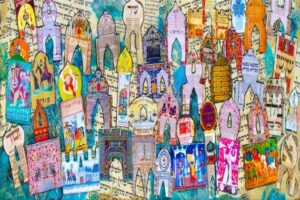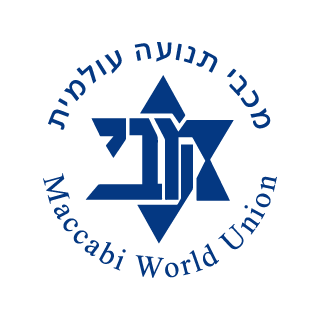
Purim and National Memory

Dear Friends,
What is it that allows us to recapture our familiarity, open and honest talking with friends from the past – the reasons why we develop such affection and care for each other even after many years without seeing them? What is it that brings us back to open and heartfelt conversations, and allow continued affection for each other? What is it that unites us in such a deep and strong way… that allows us to recognize gestures, laughter, expressions and voices – a common language which provides an immediate understanding by all?
That… is our awareness of our shared past, with all the experiences we suffered and enjoyed together. Those shared experiences – both personal and collective, created and nurtured the codes and passwords which enable us to continue a valued and valuable communication, as we had in our past.
In his book “Moses”, Martin Buber spoke of a national memory born of the emotion shared and imbued in the psyche of a people, expressing their crucial moments, and in turn reflecting the historical veracity of that moment[1]. Buber suggested that, when evoking a national event, we recover some of the emotions experienced on that occasion, even if we ourselves were not there – because those emotions were strongly transmitted by those who preceded us, as part of a collective and popular heritage.
As we once again get closer to Purim and its call for national and popular celebration… What are the issues that we remember and we feel it is worth remembering on Purim – those who remain “alive” in our memories? What images does Purim create in our minds and hearts which continue with some relevance in our present?
Of the many memorable Purim contents, one in particular imposes itself strongly on our minds: that of national salvation – the physical salvation of the entire Jewish People, when Haman, that evil man, decreed a specific date for our destruction[2]. That terrifying test, that nonsensical verdict and its subsequent reversal, marked forever our national thinking and feeling, holding, for nearly 2500 years, the joy of being alive, to continue the journey of our People among the Nations of the world.
This joy, this emotion is multiplied in every corner of the Jewish State, in every child, teen and adult’s Purim costume, in Megillat Esther readings throughout the country, in the grand “Adloyada”[3] parades in many Israeli cities – postponed, this year, because of the pandemic. Purim and its celebration are the expression of a memory present in the lives of millions of Jews who daily build this small State. A memory stimulated by this near national experience – built on past national experiences. Yesterday’s joy becomes today’s celebration, recovering the codes and passwords which were once ours – that “common language” we mentioned above. In evoking the emotion of the collective memory of our people, we become free and are today again released from the clutches of Haman … as we feel today, together with the friends from our yesterdays, the warmth that once was ours.
To reconnect with our Past adds a depth of dimension and understanding of our present. Purim calls us to recover our past experiences as a People as a source of union and reunion, giving a renewed sense of our current national permanence. And it is in this recovery that we are reunited with an abundance of inherited values that become ours, again, at the reunion itself.
May God enlighten us to find the valuable messages which made and make us the human beings and the people we are.
May God grant us Purim’s message of life, hope and salvation to encourage us to celebrate together, evoking the feelings and emotion which led us to this present glory.
And may God will that each and every one of us hears the story of Esther, Mordechai and their redemptive history, and hear it as our own.
With best wishes,
Chag Purim Sameach!
Chazak ve’ematz
Rabbi Carlos A. Tapiero
Deputy Director-General & Director of Education
Maccabi World Union
[1]Buber’s “Moses” is an attempt to reconstruct an image of The Lawgiver as a living individual working to unify the “congeries of clans” that experienced slavery in Egypt until he led them forth to suffer, reluctantly, freedom and hope in the desert. Buber wants his “Moses” to be taken as history, not fiction.
[2] Adar 13th.
[3] Expression that means “not to distinguish between the blessed Mordechai and the evil Haman – the hope of leaving the ghosts of fear in the past.






